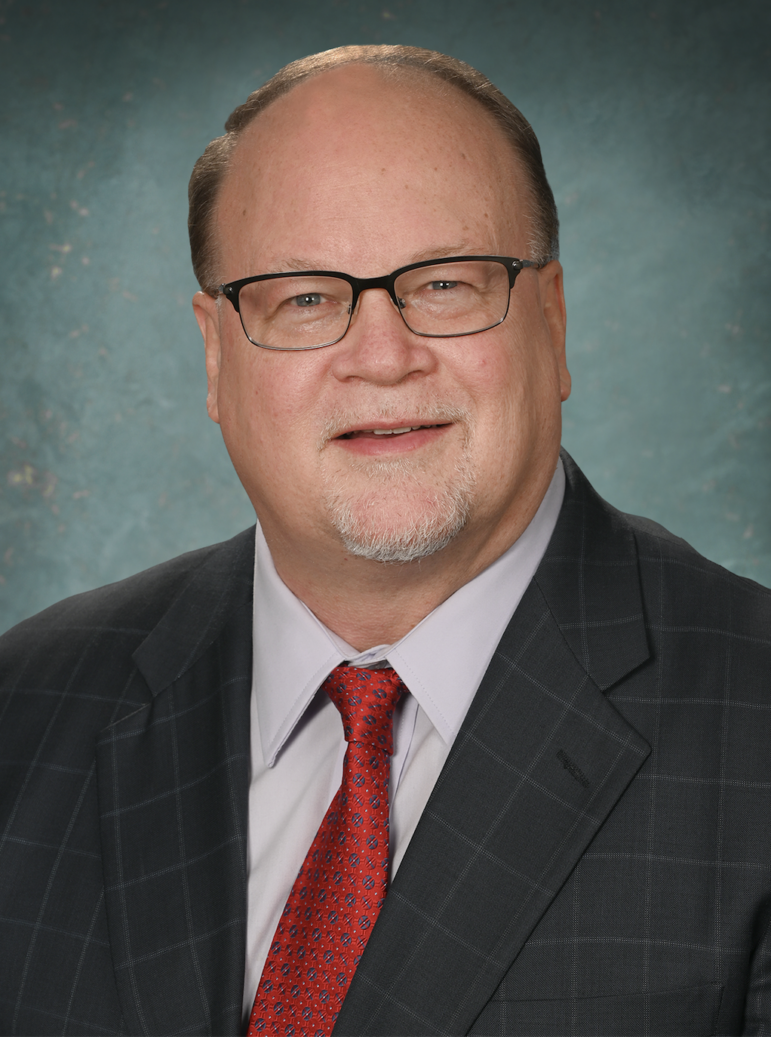
Michigan Senate
Sen. Jim Runestad, R-White Lake.By OWEN MCCARTHY
Capital News Service
LANSING – “Parental rights,” an issue that has been championed by conservative politicians in recent years, was born out of frustration over COVID-19 related mask and vaccine mandates in public schools.
A Parental Rights Amendment to the U.S. Constitution was introduced in Congress in 2023 and says “the liberty of parents to direct the upbringing, education, and care of their children is a fundamental right.”
One of the taglines of the parental rights group Moms for Liberty, which has 10 Michigan chapters and was founded in 2021, is “we don’t co-parent with the government.”
The 2022 Republican gubernatorial candidate, Tudor Dixon — who lost to incumbent Democratic Gov. Gretchen Whitmer by over 10% of the vote — campaigned on the issue. And “parental rights” champions have won school board seats across the state.
Now ahead of upcoming school board and state Board of Education elections in November, parental rights advocates’ gripes with public education no longer focus on COVID-19 policies.
Instead, they focus primarily on what kids are taught about race, gender and sexuality.
The two Republican state Board of Education members are the only two on the eight-person board whose seats will be up for election this year. They are Tom McMillin of Oakland Township and Nikki Snyder of Dexter.
Walled Lake is home to one of Michigan’s Moms for Liberty chapters. That city falls in the district represented by Sen. Jim Runestad, R-White Lake.
Runestad said his constituents tell him the parental rights movement is a response to “rogue teachers” who “prophetize” about their cultural identity and impose a political ideology on students.
He said he believes there is a broader plot by those whom he described as “Marxists” to take control of education as a stepping stone to their ultimate goal: “to seize control of the state.”
“It seems one of the most important commandments of the education establishment is get in the social stuff most of all,” Runestad said. “Fit it in, shoe-horn it in everywhere you can, so that we have these kids coming out with our philosophy.”
But Don Wotruba, the executive director of the Michigan Association of School Boards, said parental rights groups often look for “instances that meet their narrative” and weaponize those for political gain.
Lisa Hansen, who later became the chair of Midland’s chapter of Moms for Liberty, claimed during a December 2021 school board meeting that local schools were providing litter boxes for students who are “furries” and “identified as cats.”
That myth was debunked, but not before Michigan GOP Co-chair Meshawn Maddock posted Hansen’s claims on Facebook with the caption “parent HEROES will take back our schools.”
Wotruba said he doesn’t doubt that there have been isolated instances of teachers inappropriately espousing political opinions in classrooms, but that he rejects the notion of any calculated plot to indoctrinate children, as some conservatives have suggested.
“I don’t know of a school district as a governing body, or a superintendent or a building principal, trying to push an agenda,” he said.
Another concern voiced by parental rights advocates centers around “critical race theory,” a college-level academic framework that examines the role race plays in institutions, including the legal system.
Parental rights advocates have contended that this academic concept is taught to elementary-aged children.
But Wotruba said districts in Michigan didn’t even know about critical race theory (CRT) until it started making the news.
“Were there districts training elements that CRT also includes? Absolutely, because diversity, equity and inclusion is a part of the conversations of CRT,” Wotruba said. “There wasn’t some ill-intent — as some would allege — to make white kids feel guilty because they’re white.”
“It was to help everybody understand what our different minority groups come from and how that impacts their activity in school and how they learn,” he said.
Wotruba said just because parental rights advocates are calling for widespread changes to education and curriculum that discusses race, gender and sexuality doesn’t mean they speak for all parents.
“Just because they as a parent might think that for their kid, doesn’t mean every parent and every kid feels the same way.”
“Just because they’re loud, doesn’t mean that they represent a majority,” he said. “I would say to any agenda-driven group, we want to hear what you have to say. Then we have to decide whether you’re speaking on behalf of our community in its whole or a segment.”
“We still want to try if we can to address your needs, but we’re not going to do it to the detriment of another portion of our community.”
Thomas Morgan, the press secretary of the Michigan Education Association, described the parental rights movement as a “political strategy to drive a wedge between parents and educators.”
The organization is the state’s largest union of teachers and other school personnel.
“What we’re seeing is political extremists trying to politicize our schools and turn teachers into punching bags to achieve election year gains,” he said.
Rather than parental rights, he said the most common issues in public education that parents tell him about are students’ mental health and the teacher shortage.
“When I talk to everyday parents, they’re concerned about the real issues,” Morgan said.